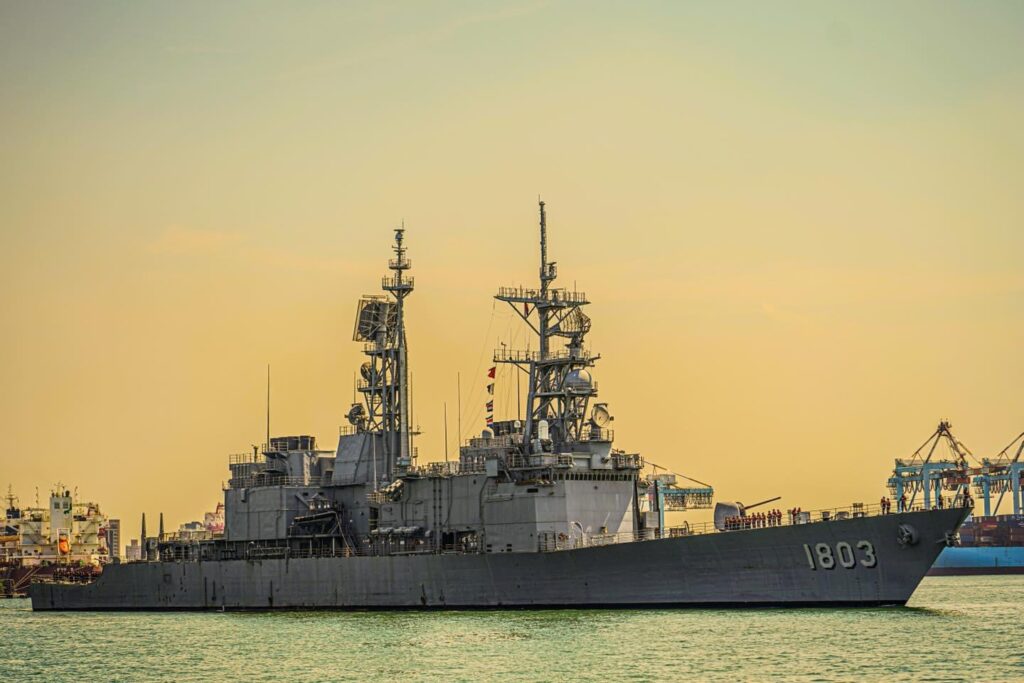What Does Taiwan Need?

I have some thoughts at 1945 on what Taiwan could use to either deter China or prep for actual conflict with China:
Obviously, some but not all of these necessities conflict with the need to maintain support for Ukraine. In particular, air defense systems and ammunition stocks are needed by both countries. At this point, there is no indication that China plans to attack Taiwan in the immediate future, and there is good reason to believe that Taipei and the United States will have significant warning before an attack begins. Still, we should not handwave away concerns about whether the U.S. commitment to Ukraine is detracting from Washington’s ability to support Taiwan.
There’s a lot of discussion of wargaming in that piece and I thought it useful to throw together some links on modern wargaming practice in policy circles:
- CSIS Taiwan Straits Wargame After Action
- Jackie Schneider on the predictive value of wargames
- Documentary on the Western Approaches Tactical Unit, which wargamed the Second Battle of the Atlantic
- Jon Compton on the cycle of research and analytical wargaming
- Wargaming Handbook of His Majesty’s Ministry of Defence
- Ellie Bartels, Getting the Most Out of Your Wargame
Broadly speaking a wargame does two things (some do one, some the other, some both); it generates human capital (trains people to manage a situation) or it generates “synthetic data” (explores potential scenarios for some specific event). These are necessarily at some tension so the planner needs to sort through exactly what they want the wargame to accomplish. It’s well-documented that wargaming has had a significant impact on the Russia-Ukraine War thus far, and serious analytical wargaming is probably going to grow in importance as a tool of statecraft (diplomatic, economic, and defense) in the future.


